It’s time to talk about the danger of AI-generated art
Is AI-generated art replacing artists?
If you’ve been on social media platforms such as Twitter or Instagram over the past few months, there’s a good chance you’ve noticed the trend of art generated by artificial intelligence (AI) based on user text prompts. AI art is not necessarily a new phenomenon, but this past summer programs such as DALL-E Mini saw traffic skyrocket due to their propensity for generating funny results when given absurd prompts.
Since then, many other AI art programs have become popular as well, such as Dream, NightCafe and Midjourney. Additionally, the quality of AI art is improving as programs learn over time how to generate better results from their data sets, causing genuine discussion about the merit of AI as a tool for creating visual art to emerge. All of this is extremely interesting from a technological standpoint, but as is common when it comes to new technology, it seems that many are forgetting the ethical implications of this type of software.
To start, there is a major question that arises when considering the implications of AI-generated art: Where is the data coming from? The answer, as you may have guessed, is the internet, as most AI art programs function by pulling samples of images and art from the internet and associating them with common keywords.
Why could this be a problem? Well, not every image on the internet is public domain, and the images used to train these algorithms are directly reused in its output. This becomes a major ethical concern when you realize that the works of millions of artists are available online for free for these programs to use without the artists’ consent.
Aside from that, the fact that anybody can make AI-generated artwork by simply entering in the right prompt creates huge job security concerns for human artists in a field that’s already extremely difficult to make a living in. This is already coming to pass in small ways, such as an AI-generated art piece that won a competition at the Colorado State Fair this year and a Twitter user who stole an artist’s work-in-progress during their livestream and generated the rest of the piece before they could finish it.
This is why it’s extremely worrying to see programs such as starryai advertise that users will have full ownership of any images generated using their program and that they can use those images for commercial purposes. What this essentially means is anybody who enters a sufficiently descriptive prompt can profit off an image that was generated using the work of artists who were not asked for permission or paid for their work.
As such, it is worth considering serious regulation of AI art programs, and more specifically what sources they are allowed to pull sample data from and how the works they generate may be used in a commercial capacity. There is nothing intrinsically wrong with this software, and there can even be applications for it in creative fields. However, taking the artwork to use as data without telling creators and allowing anyone who can write a text prompt to steal aspects of artists’ work for their own gain is ethically irresponsible.
Artificial intelligence can be a tool for fantastic things, but its applications in visual art should help artists, not steal their work and hurt their career prospects. As it stands, many are now genuinely concerned that AI may replace artists, and while those fears may be exaggerated, they could be severely mitigated by sensible regulations and the use of more ethically responsible practices by AI developers. AI-generated art is cool, and there’s a reason it’s becoming popular, but there is no reason for it to be so consequential for people who have no say in the matter.
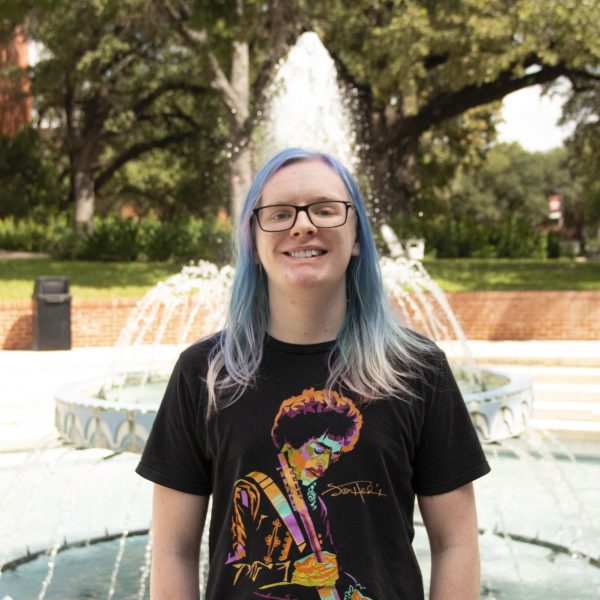
My name is Colin Houston and I'm the sports section editor at the Trinitonian! I'm a senior political science major and have lived in San Antonio my whole...
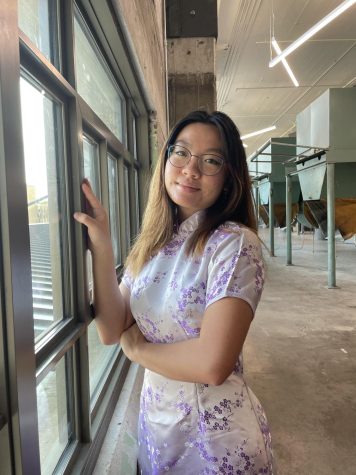
Hi guys! My name is Lily Zeng, and I am a sophomore from Memphis, TN majoring in Urban Studies with an interest in a Spanish major or minor. My favorite...

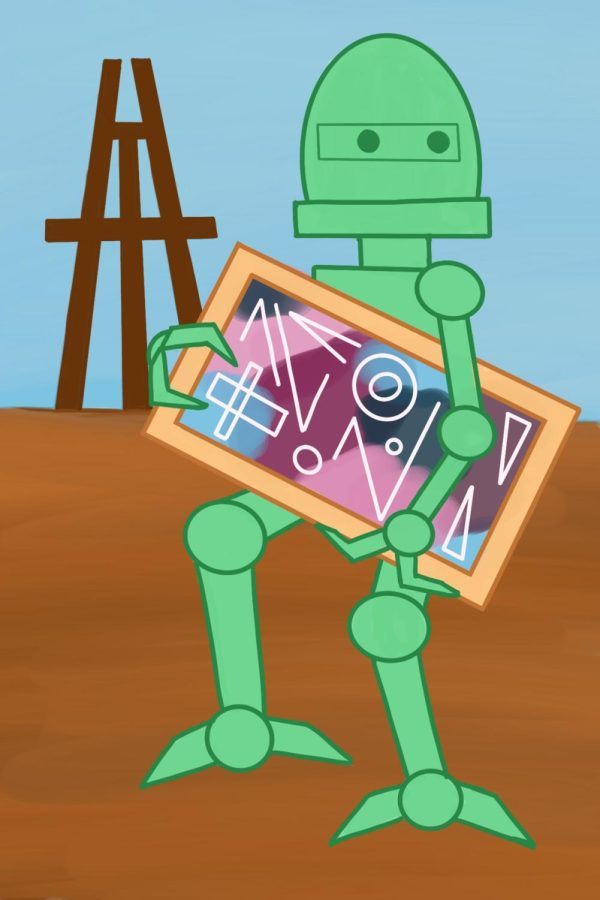

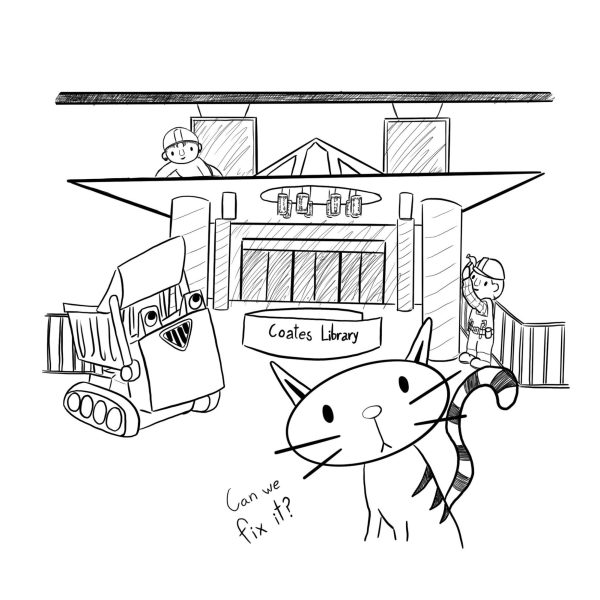
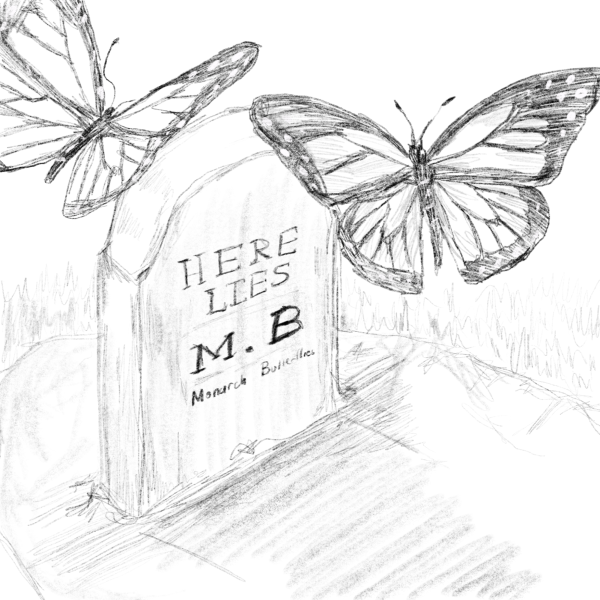
Simon Hammel • Oct 31, 2022 at 8:16 am
Thanks for speaking up on these issues and not just downplaying them. I dont want to be a nay sayer but the companies arent really transparent on how they use and get data. If you ask them about any concerns with ethics or copyright issues they just point to the user and blame them. The CEO of stable disfusion or midjourney said that he has faith that everyone will use these tools in the right ways. Which is just naive, were talking about the internet afterall.
So artist get screwed over by being unwillingly used to teach their replacement and ai users will get in trouble for misuse. Not the company at all.
This is just going to be a “were to many to get us all” situation that cant be regulated.